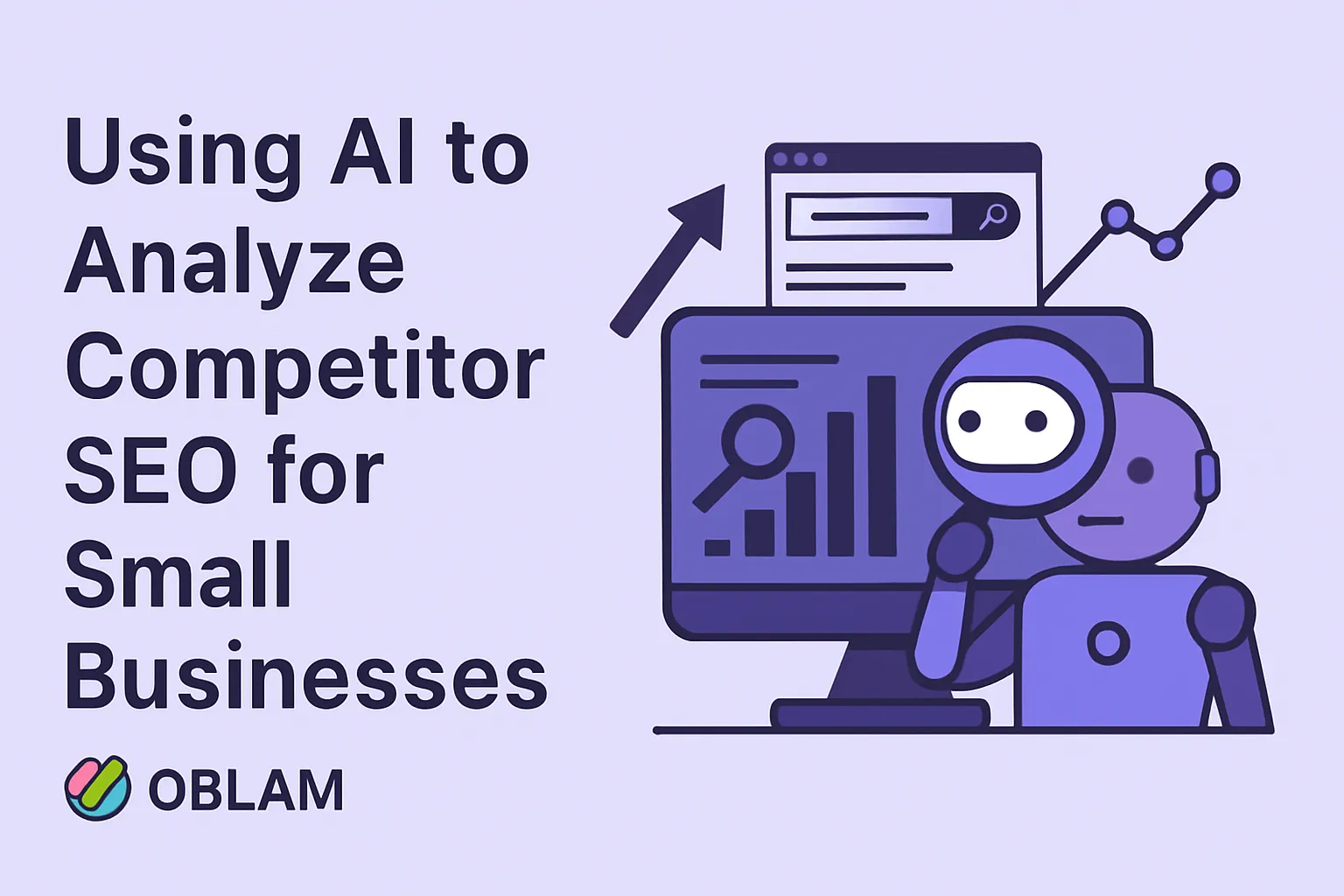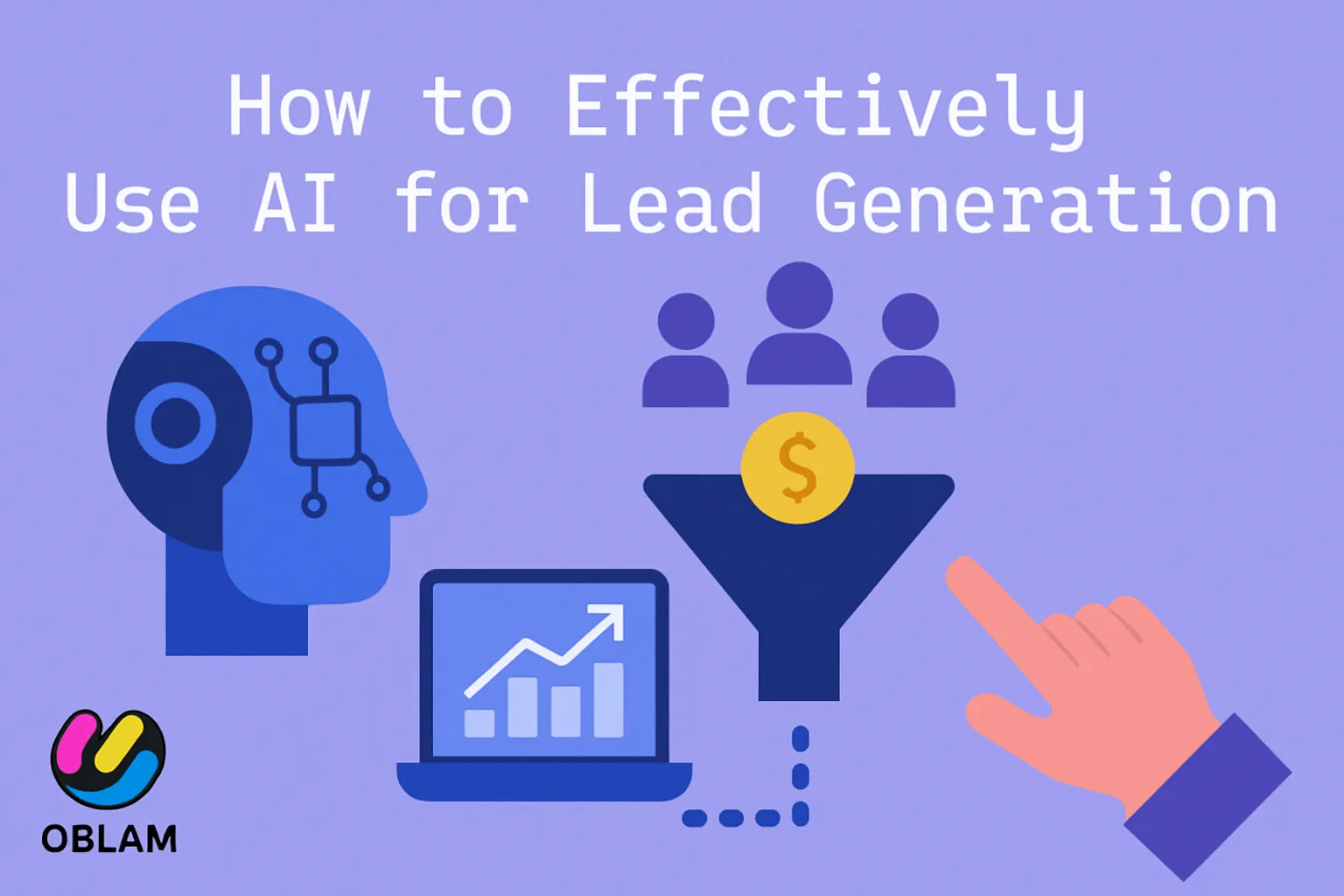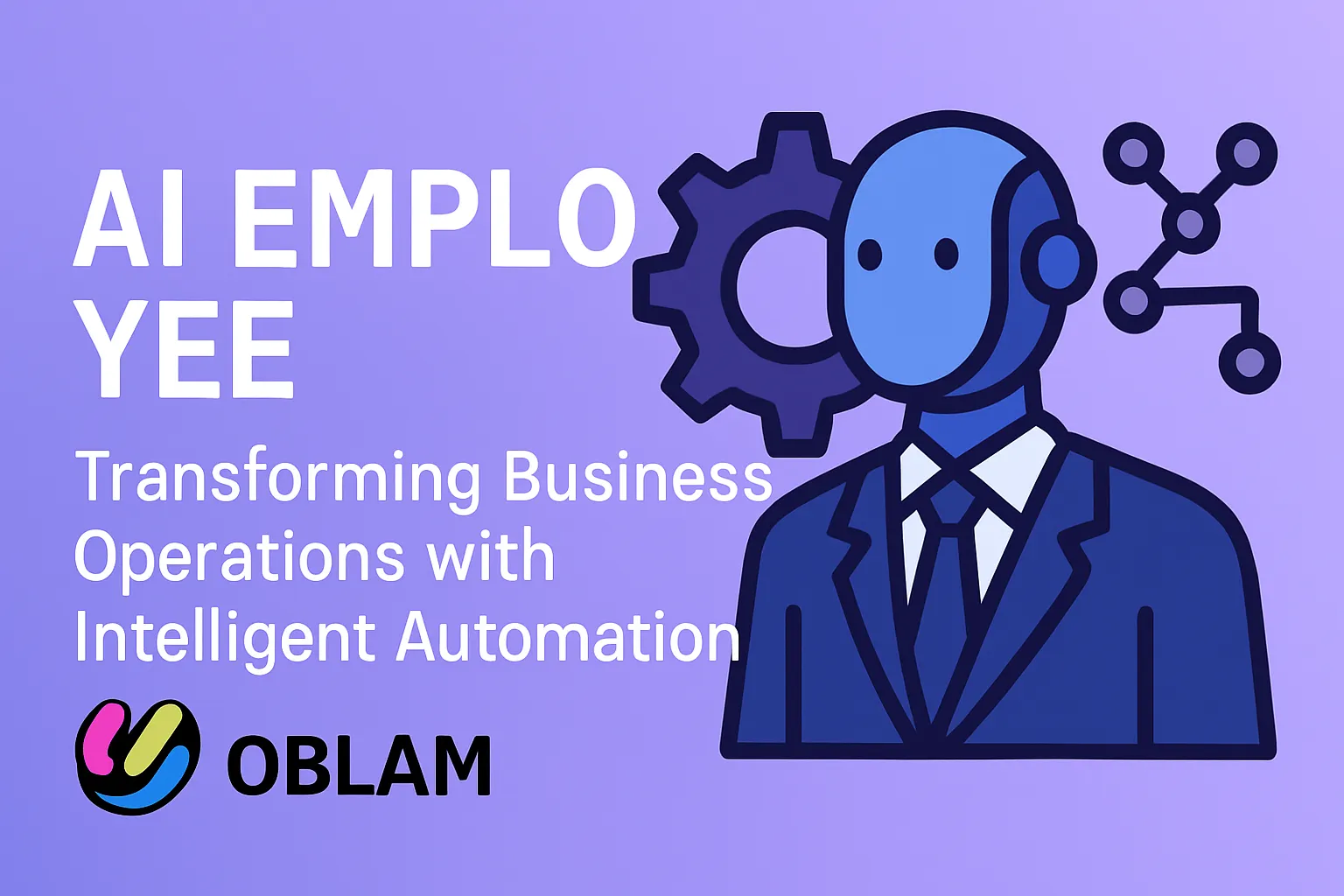- Key Takeaways
- Why AI for SEO?
- Your AI Competitor Analysis Toolkit
- A Practical AI SEO Strategy
- The Human Element in AI SEO
- Overcoming Common SEO Hurdles
- Future-Proof Your SEO
- Conclusion
- Frequently Asked Questions
- What is AI SEO optimization?
- How can AI help with competitor analysis in SEO?
- Is AI SEO better than traditional SEO methods?
- What are common challenges when using AI for SEO?
- Can AI-generated SEO strategies adapt to search engine updates?
- Do I still need human input when using AI for SEO?
- What are the main benefits of using AI in SEO?
Key Takeaways
- Incorporating AI into SEO streamlines tedious work, optimizes keywords and topics, and allows distributed teams to make the most of their resources.
- Harnessing AI-powered competitor analysis tools, organizations can glean actionable insights into the strategies employed by their rivals.
- A sample pragmatic AI SEO strategy involves on-page optimization, tracking metrics, and technical fixes — all based on AI-driven data.
- Pairing AI power with human judgment guarantees ethical choices and hones campaign strategy, optimizing the impact of SEO campaigns.
- Tackling typical SEO headaches involves regular AI-assisted audits, preemptive technical issue management, and staying ahead of shifting industry standards.
- Future-proofing SEO means taking advantage of cutting-edge AI, experimenting with diversified strategies like local and voice search, and regularly refreshing strategies to stay ahead of market trends.
SEO optimization refers to the process of designing a website so it’s easy for search engines to locate and evaluate. By employing clean site architecture, quick loading, and relevant content, sites achieve higher rankings.
Good SEO means utilizing the most effective keywords and ensuring that each page is responsive to phones and tablets. With these steps, more folks can discover your site.
The second portion presents practical tips for getting started with SEO.
Why AI for SEO?

AI’s impact on search engine optimization is transforming the way individuals approach their efforts. It can handle many time-consuming tasks, such as checking links, monitoring keywords, or detecting page errors. These tasks repeat a lot, and AI tools can do them 24/7.
It saves time for teams and frees up people to brainstorm real thought. AI tools are a huge assist for content optimization. They leverage machine learning to analyze what users seek and demonstrate what words or subjects are most significant.
That is, content, posts, guides can be created for actual humans, not only SEs. AI can identify relevant keywords, verify if text meets minimum length requirements, and indicate where you should provide additional depth. For instance, an international e-commerce site might leverage AI to discover trending keywords across multiple languages, or a blogger might receive suggestions for what new posts to write.
Technical SEO is yet another space where AI assists. It scans for broken links, slow pages or missing tags and provides instructions to resolve. Certain tools can even monitor web pages and ping search engines when there are updates.
This is helpful for large sites that publish new pages frequently, such as news or ecommerce sites. AI revolutionizes content experiences as well. It can display one thing to one person and something else to another, depending on their previous visits, likes, etc.
There’s always new stuff, and that keeps ‘em coming back. For example, an e-learning site could leverage AI to display course advice based on users’ prior lessons. AI is on the rise. Roughly 49% of SEO professionals believe AI will generate more search engine traffic over the next five years.
90% of businesses are going to increase their SEO focus shortly. AI for content creators, marketers, and anyone looking to expand their online reach.
AI Feature | What It Does | Benefit | Efficiency Metric |
|---|---|---|---|
Task Automation | Handles checks, reports, and fixes | Saves time, fewer mistakes | Up to 60% faster workflows |
Keyword/Topic Suggestions | Finds words people search for | Better content targeting | Increased click rates |
Technical SEO Monitoring | Scans for errors and suggests fixes | Keeps sites healthy | Fewer site issues reported |
User Personalization | Shows content based on user data | Higher engagement, longer visits | Higher retention rates |
Your AI Competitor Analysis Toolkit

AI toolkits for seo competitor analysis are now staples of an intelligent marketing strategy. They assist you in digging into why your competitors do well in search, how they establish authority, and where potential opportunities exist. These tools operate on multiple levels, from monitoring keywords to analyzing actual customer sentiment.
Some popular tools include:
- SEMrush: Find keyword gaps, track rankings, and look at backlink strategy.
- Ahrefs: Scan competitor content, find link sources, and see traffic data.
- Similarweb: Get traffic insights, user engagement stats, and channel breakdowns.
- Crayon: Spot updates on competitor websites and see real-time changes.
- Brand24: Track brand mentions and social media trends.
- Sprout Social: Review competitor social media engagement and sentiment.
These tools assist you in verifying the keywords your competitors target, identifying the type of content that generates the most visits for them, and understanding their link-building strategies. Most tools employ AI to mine customer reviews, extracting what folks love or loathe about a competitor’s offering.
This is where you may optimize your offers. AI scours forums, social media and Q&A sites, uncovering topics that are hot but undercovered—providing you fresh content ideas. Nothing more than to use a framework to keep your research clear!
Consider strengths, weaknesses, content gaps and USPs. AI will sift data swiftly, detect patterns, and even perform sentiment analysis to reveal emotions toward competitor brands. Certain toolkits additionally monitor industry news—such as investments, changes in leadership, or media attention—that may alter market dynamics.
A quick report makes visible your discovery. Track keywords share, content wins, and market moves with tables or charts. Be sure to keep sensitive company info protected when using these tools.
A Practical AI SEO Strategy

A practical AI SEO strategy capitalizes on the change in the way search engines employ AI to rank, display, and summarize pages. Search AI, such as Google’s AI Overviews, requires brands to move quickly if they want to maintain or increase their digital footprint. At the heart of this strategy is leveraging AI for activities that increase velocity and precision, while ensuring content is accessible, contextualized, and human-written.
Key actions to consider include:
- Leverage AI for on-page SEO (title tags, meta, headers)
- Run content audits (quarterly or biannual) with AI tools
- Add schema markup and structured data
- Track SEO with AI-based analytics
- Fix technical SEO issues (site speed, mobile use)
- Make content for people, not just algorithms
- Include Open Graph and Twitter Card tags for social sharing.
AI-powered instruments can supply key phrase ideas, author meta descriptions, and detect problems in content that may hinder rankings. For instance, AI can flag missing alt text or meta tags, recommend clearer titles, or assist in selecting optimal keywords for a new post.
For content audits, AI reviews check if articles are stale or require edits. These checks should occur at least once or twice a year, so nothing slips behind. Schema markup lets search engines know the content’s type and context, so it’s more likely to appear in AI-powered snippets.
By adding Open Graph and Twitter tags, you ensure that your posts look great when shared, which in turn can generate more clicks and shares. Technical SEO, such as making pages load quickly or fixing broken links, is even more simple to monitor with AI. AI-based crawlers can scan a site, identify sluggish pages, and recommend solutions.
Quality content remains paramount. AI can assist in mind-mapping and outlining, but the best content comes from authentic, human intuition. Original research or unique takes are what make a page distinctive.
As search AI continues to evolve, brands that evolve their SEO with intelligent, AI-powered tools will develop more authority and maintain their position in search results.
The Human Element in AI SEO

The emergence of AI in SEO is now transforming teams’ approach to planning and operating search content. AI can sift through big data, identify patterns and predict what a user is likely to do next. The finest SEO work still requires a human touch. Human judgment, empathy, and creative skills steer AI to suit actual user needs.
AI can propose key words or mold topics, but humans have to verify context and determine what’s most effective. This equilibrium is crucial for credible and valuable pages. AI-powered SEO is most effective as an instrument for experienced teams. Marketers can utilize AI for rapid research or identifying gaps, but ought to rely on their own sensibility when selecting topics or tone.
For instance, AI could reveal that short answers rank well for certain search terms, but a human understands when a narrative or tutorial is more appropriate. AI makes it simple to experiment with new concepts, but only humans understand what suits a brand or remain authentic to core beliefs. As AI learns, its predictions come closer to what users desire, but humans decide what seems appropriate for each community.
Voice search and visual search are growing, and AI is good at these. People have to direct tone and style and ethics. Human teams have to lookout for bias, verify facts, and ensure content is equitable for all consumers. Confidence in AI emerges from transparent collaboration between humans and algorithms.
Do’s and Don’ts of Adding Human Touch in AI SEO:
- Do check AI advice with your own judgment
- Do use AI to learn more about your audience
- Do keep control of big choices and brand tone
- Do test and update based on real user feedback
- Don’t trust AI results without a review
- Don’t let AI run content with no human check
- Don’t copy AI content as-is
- Don’t ignore user needs or values
Overcoming Common SEO Hurdles
SEO has its own type of roadblocks that will impede growth or even grind progress to a halt if not handled appropriately. Tackling these challenges with actionable solutions and intelligent tools can assist websites in climbing the ranks and connecting to more users across the globe.
High keyword competition or low search volume usually makes ranking difficult. Attacking long tail keywords helps avoid congested search channels. These lower searched terms, however, are more aligned with user intent and have less competition.
Sprinkling in local search terms and updating business listings enhance local rankings, allowing sites to shine in localized marketplaces.
Slow page speed is a leading culprit. Minifying code, as well as configuring lazy loading and async loading scripts can accelerate pages. Compressing images goes a long way as well, as bulky files delay load times.
There are lots of free and paid utilities that can batch-compress images, which makes sites faster for everyone.
Crawl errors and indexing issues can keep pages out of results. Establishing a regular audit schedule with AI tools prevents these issues from sneaking up. Clear sitemaps, fixing broken links, and using robots.txt files the proper way all help to make sure search bots discover and index the right content.
Backlinks amplify authority — not all links carry the same weight. Building linkworthy assets—be it guides, tools, or research—attracts quality links from authoritative sources.
This builds a site’s authority, assisting it to rise in search rankings.
Search algorithms change all the time. By keeping up with these changes, you can prevent yourself from dropping in the rankings unexpectedly. Keeping up with industry news and leveraging AI audit tools helps you identify trends and adapt strategies.
Data-driven decisions are crucial. Measuring site performance on a regular basis helps identify what’s working and what needs to be tightened.
That means monitoring clicks, conversions, and indexing rates — and then adapting accordingly.
Future-Proof Your SEO
Future proofing SEO is about understanding where search is going and where people searching for information online are heading. The way search shifts, like with AI-powered results and Google’s newest updates, is that the old playbook won’t cut it for long.
Sure, content structure matters, but if LLMs or bots can’t find your page or don’t understand what it means, it won’t surface in search. Schema markup helps search engines and language models make sense of your site. Search could soon be mostly AI summaries — not just a list of links. That change by itself means you have to reconsider what “ranking” even means.
AI can accelerate research and writing, but you can’t sacrifice quality or trust. You have to write for humans initially, then make sure AI and bots are able to extract the appropriate information. Pre-loading prompts with specific data or specialty can help tailor what AI shows people.
Local SEO and voice search continue to grow, meaning it’s wise to not just target the plain old keywords but real life phrases and search habits. The 80/20 rule still applies—identify that small bunch of trends/tools/knowledge that provides most of the benefits. Then evolve your strategy as search behavior changes.
Focus Area | Strategy | Relevance |
|---|---|---|
AI Integration | Use AI tools for research/content, but check quality | Stays ahead with new tech |
Schema Markup | Add structured data to pages | Helps LLMs find content |
Local SEO | Optimize for local results and voice queries | Boosts reach and access |
Content Review | Audit and refresh pages often | Adapts to trends |
Unique Knowledge | Use long-form prompts with new info | Fine-tunes AI outputs |
Conclusion
To boost site rank, combine savvy AI with savvy human thinking. AI tools can sift big data rapidly, identify trends and reveal holes in your strategy. Still, the real victories are from humans who interpret it and apply it in obvious ways. For instance, leverage AI for keywords, but rely on your team to craft clear site copy that resonates with your users. Approach every SEO move thoughtfully—try what works, abandon what doesn’t, and continue learning. Search is always changing, so be sharp and ready. Experiment with tools, stay current on updates, and pass what you discover on to your team. Start tiny, audit your impact, maintain your SEO mojo.
Frequently Asked Questions
What is AI SEO optimization?
AI SEO optimization utilizes artificial intelligence to enhance your site’s position on search engine results pages. This effective SEO strategy streamlines keyword research, competitor analysis, and content optimization, reducing time and increasing precision.
How can AI help with competitor analysis in SEO?
AI rapidly aggregates and analyzes competitive intelligence, enhancing site optimization by identifying keyword holes and best practices, allowing you to plan smarter and achieve better search engine rankings.
Is AI SEO better than traditional SEO methods?
AI SEO doesn’t replace traditional search engine optimization techniques; instead, it enhances them by automating tasks and analyzing massive amounts of data. This approach delivers faster insights, making it an effective SEO strategy when paired with human expertise.
What are common challenges when using AI for SEO?
Issues range from data privacy to excessive automation dependence to interpreting AI insights; however, effective SEO strategies and content optimization paired with human review solve the majority of problems.
Can AI-generated SEO strategies adapt to search engine updates?
Indeed, the AI tools can rapidly change strategies as new search engine algorithms emerge, keeping your search engine optimization fresh and future-proof.
Do I still need human input when using AI for SEO?
Human input is crucial for effective SEO strategy. While AI manages data and trends, humans ensure content quality and creativity remain high for optimal search engine ranking.
What are the main benefits of using AI in SEO?
AI saves time, improves accuracy, and uncovers new opportunities for effective SEO strategy to enhance your rankings.



